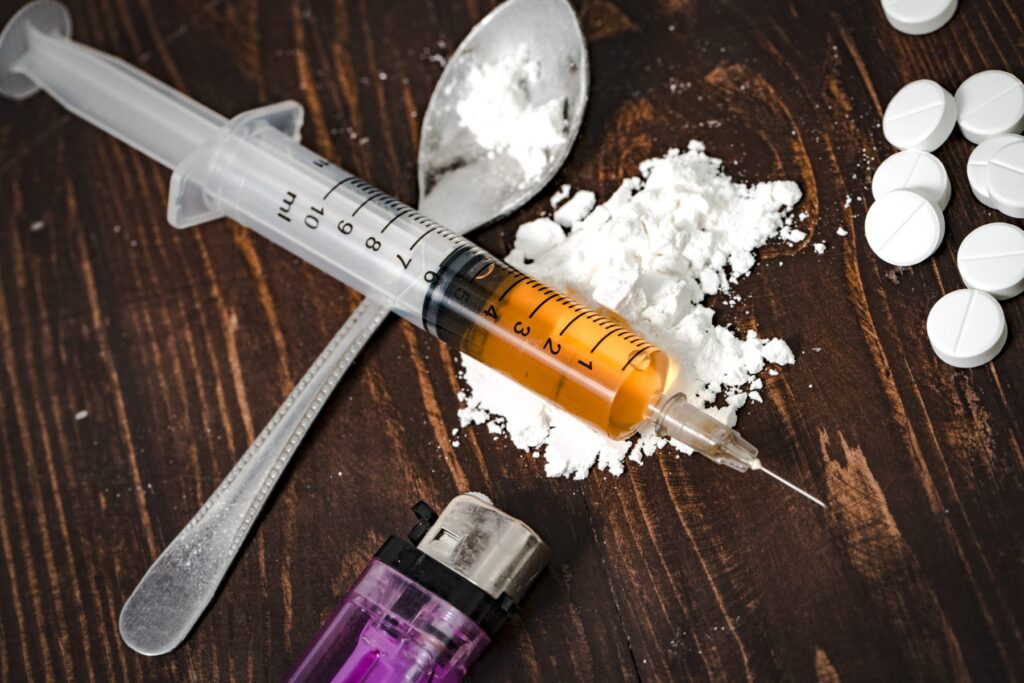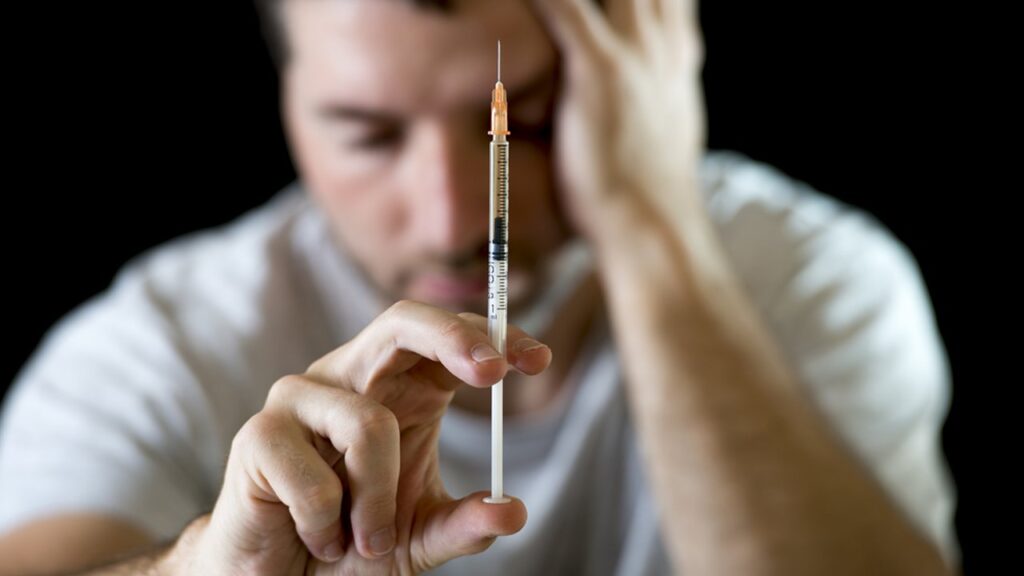Uncategorized
Understanding Phencyclidine Intoxication: Street Names and Effects
Phencyclidine (PCP) is a powerful and often misunderstood substance that has been the subject of both fascination and concern in the realm of psychoactive drugs. Known for its potent effects on perception, mood, and motor control, PCP can cause a range of experiences that are sometimes dangerous and unpredictable. In this blog post, we will delve into what phencyclidine intoxication entails, explore the street names associated with PCP, and provide a comprehensive understanding of its impact on individuals and society.

What Is Phencyclidine (PCP)?
Phencyclidine, commonly referred to as PCP, is a dissociative anesthetic that was initially developed in the 1950s as a potential anesthetic agent. However, due to its severe side effects and hallucinogenic properties, it was withdrawn from medical use. Despite this, PCP has continued to be used illicitly for its psychoactive effects.
PCP affects the brain’s neurotransmitter systems, particularly the NMDA (N-methyl-D-aspartate) receptor, which plays a crucial role in regulating mood, cognition, and perception. By interfering with these receptors, PCP induces a range of effects, including altered sensory experiences, dissociation from reality, and changes in thought processes.
Symptoms of PCP Intoxication
The effects of PCP intoxication can vary widely depending on the dose, the method of ingestion, and the individual’s physical and mental state. Common symptoms of PCP intoxication include:
- Dissociation: Users often experience a sense of detachment from their body and surroundings, leading to a feeling of being disconnected from reality.
- Hallucinations: PCP can induce vivid visual and auditory hallucinations, causing users to perceive things that aren’t actually present.
- Euphoria or Agitation: Some individuals may feel euphoric and relaxed, while others may become agitated, hostile, or aggressive.
- Impaired Motor Function: Coordination and motor skills can be significantly impaired, leading to difficulties with movement and balance.
- Altered Perception of Time and Space: Users may experience distortions in their perception of time and spatial relationships.
- Analgesia: PCP can produce a numbing effect, leading to reduced sensitivity to pain.
In severe cases, PCP intoxication can result in extreme behaviors, including psychosis, delusions, and dangerous actions that pose risks to the individual and others around them.

Street Names of PCP
PCP is known by various street names, which often reflect its appearance, effects, or the context in which it is used. Some of the most common street names for PCP include:
- Angel Dust: This is one of the most well-known street names for PCP. The term “angel dust” is used to describe the drug’s hallucinogenic effects and its tendency to cause users to feel detached from reality.
- Wet: PCP is sometimes referred to as “wet” when it is dissolved in a liquid and then used to soak cigarettes or marijuana. This name highlights the method of administration.
- Sherm: This slang term is derived from “Sherman,” a brand of cigarette that was once commonly used to ingest PCP. It is often used interchangeably with “wet.”
- Dust: A shortened form of “angel dust,” this name emphasizes the drug’s reputation and effects.
- Horse: This term is sometimes used to refer to PCP, though it can also be associated with other substances, making it less specific.
- Killer Weed: When PCP is used to lace marijuana, it is sometimes called “killer weed” due to the intensified and unpredictable effects.
- Supergrass: This term is used in some areas to describe marijuana that has been laced with PCP.
How PCP Is Used and Its Effects
PCP can be used in several different ways, each of which can produce varying effects. The drug is available in several forms, including:
- Powder: PCP powder can be snorted or mixed with other substances.
- Tablets: PCP tablets are sometimes sold on the street and can be ingested orally.
- Liquid: PCP in liquid form can be ingested, injected, or used to lace other substances like marijuana or cigarettes.
The method of use often influences the intensity and duration of the drug’s effects. For example, smoking PCP-laced marijuana or cigarettes can lead to a rapid onset of effects, while oral ingestion may result in a slower onset.
Risks and Consequences of PCP Intoxication
Phencyclidine intoxication poses several risks, both immediate and long-term. Some of the most concerning risks include:
- Psychological Disturbances: PCP can cause severe psychological disturbances, including paranoia, hallucinations, and psychotic episodes. These symptoms can be distressing and potentially dangerous.
- Aggressive Behavior: Users may become aggressive or violent, increasing the risk of harm to themselves and others.
- Accidents and Injuries: Impaired motor function and altered perception can lead to accidents and injuries, including falls and traffic accidents.
- Addiction: While PCP is not considered highly addictive in the same way as some other substances, repeated use can lead to psychological dependence and problematic behavior.
- Long-Term Effects: Chronic use of PCP can lead to lasting changes in cognition, mood, and behavior. Some users may experience persistent psychological effects long after stopping the drug.
Legal Status and Treatment
PCP is classified as a Schedule II controlled substance in the United States, meaning it is considered to have a high potential for abuse and no accepted medical use. This classification reflects the significant risks associated with the drug and the need for strict regulation.
Treatment for PCP intoxication typically involves supportive care and management of symptoms. In cases of severe intoxication, medical intervention may be required to address complications such as agitation, psychosis, or physical harm. Long-term treatment for individuals with PCP use disorders may include counseling, behavioral therapy, and support for underlying mental health conditions.
Conclusion
Phencyclidine (PCP) is a powerful and complex substance with a range of effects that can vary from euphoric to dangerous. Understanding the nature of PCP intoxication and the street names associated with the drug can help raise awareness about its risks and contribute to informed discussions about substance use and treatment.

By educating ourselves about substances like PCP, we can better address the challenges they pose and work towards effective strategies for prevention and intervention. If you or someone you know is struggling with substance use, seeking professional help and support is a crucial step towards recovery and well-being.
Feel free to modify or expand upon any sections to better suit your needs!
